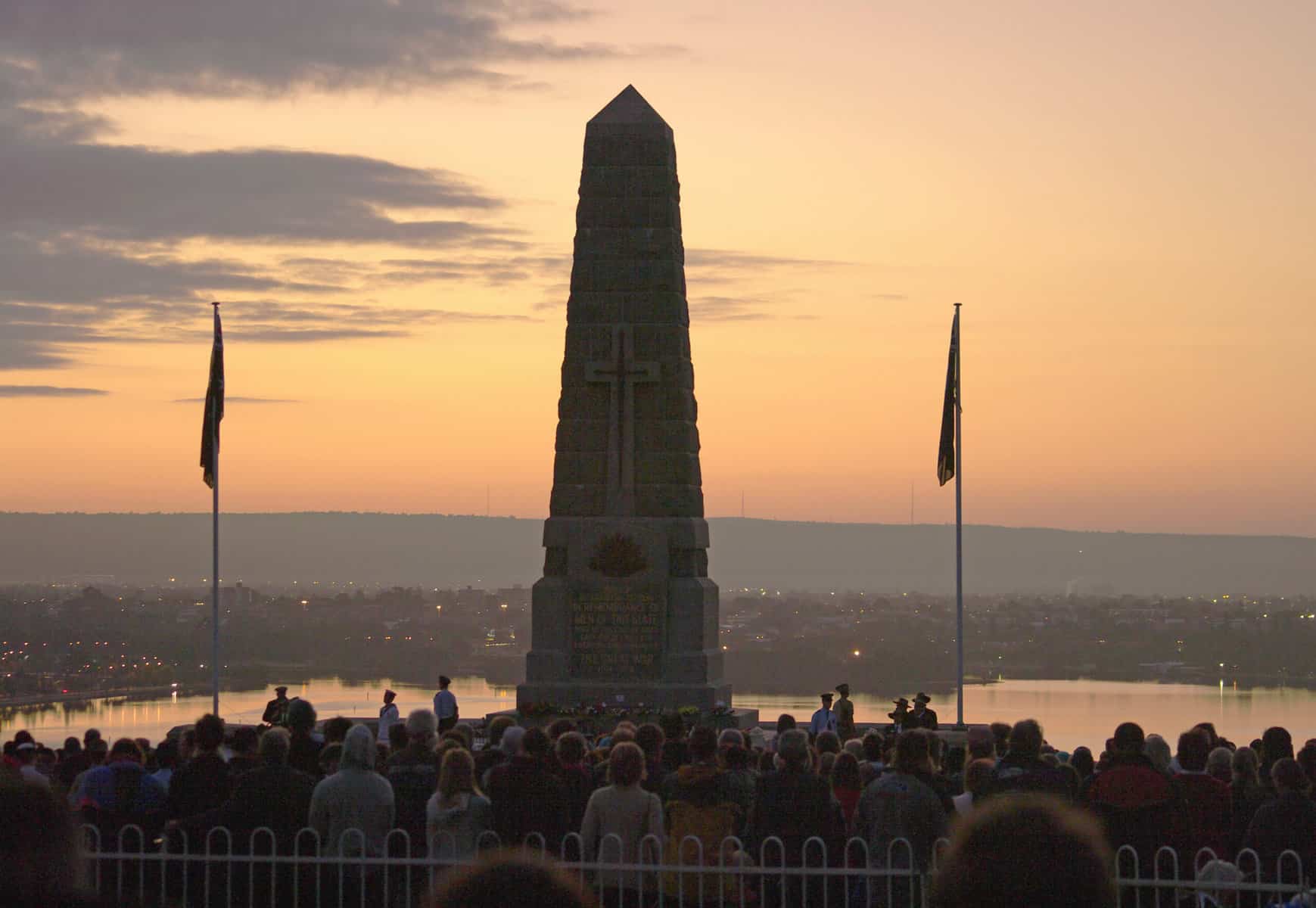Unraveling the Origins of ANZAC Day
Hello there, awesome parents! As we approach the time of year when the ANZAC spirit is commemorated, it’s so important for us to understand and share the origins of this significant day. ANZAC Day is not just a public holiday; it’s a day rich in history and valor, connecting us to the past with a thread of bravery and sacrifice. Whether you’re looking to educate your children or refresh your own knowledge, you’ve come to the right place for the heartfelt story of when ANZAC Day was first celebrated.
A Brief Introduction to ANZAC Day
Before we dive into the history books, let’s understand what ANZAC Day stands for. ANZAC is an acronym for the Australian and New Zealand Army Corps, brave soldiers who fought during World War I. ANZAC Day, observed on the 25th of April each year, is a solemn day of remembrance dedicated to honoring the heroism of these troops, particularly their first major military action during the Gallipoli Campaign in 1915.
The Dawn of Commemoration: When was the first ANZAC Day?
The very first ANZAC Day was marked on April 25, 1916, precisely one year after the landing at Gallipoli. This day was observed to remember the soldiers who fought and lost their lives on that fateful morning in 1915. It was a poignant moment for Australia and New Zealand as it marked the emergence of their national consciousness, and Australia held various ceremonies and services to remember the fallen. Each state in Australia had its own form of remembrance, but the common thread was a feeling of profound respect and a need to honor those who had made the ultimate sacrifice for their country.
How ANZAC Day Gathered Momentum
The first commemoration of ANZAC Day included church services, parades, and various gatherings where people paused to reflect on the cost of war. In Sydney, a march was organized which was attended by veterans and the general public. Over in New Zealand, the day was solemnly marked as well, and as the years passed, ANZAC Day began to embody the qualities of courage, mateship, and endurance that were so boldly showcased by the ANZAC soldiers.
ANZAC Day Through Time
As time marched on, the observance of ANZAC Day has evolved. The depth of feeling and the ceremonies associated with the day have grown and changed – from a direct remembrance of the Gallipoli landings to a recognition of the service of all Australians and New Zealanders in war and peacekeeping efforts. From dawn services to the Last Post, from poignant silences to the camaraderie at commemorative marches; ANZAC Day resonates with a deep understanding of sacrifice and service across generations.
Inspirational parents, while we delve into the history, it’s our role to ensure that these lessons of bravery, determination, and camaraderie are shared with our children. They are the threads that link past, present, and future, creating a tapestry of remembrance that is both significant and educational.
Stay tuned as we continue this journey through history, cherishing the legacy of ANZAC Day and ensuring its stories of heroism live on. Keep reading for more heartwarming tales and facts that you can share with your family, fostering a deep appreciation for the ANZAC spirit. And remember, honoring the past is essential to understanding the present and building a brighter future for our kids.
Next, we will explore the intricate details of the Gallipoli Campaign, the evolution of ANZAC Day traditions, and how global events have shaped the way we commemorate this incredibly significant day.
Ignite your family’s curiosity and respect for history as we journey through time, exploring more about ANZAC Day and its rightful place in the heart of our nations. From the first dawn service to the powerful legacy it has left behind, stay with us as we illuminate each aspect of this revered day, piece by piece.

Five Things Parents Should Know in Preparing for ANZAC Day Celebrations
1. Understanding the Significance of Dawn Services
One of the most solemn and meaningful aspects of ANZAC Day is the Dawn Service. This service, often commencing at first light, reflects the time of the original Gallipoli landing. It’s a moment to teach our children about the quiet, introspective respect for the men and women who served and sacrificed. Attending a local Dawn Service can be a powerful experience for the whole family, offering a direct link to history and tradition.
2. Participating in Commemorative Events and Marches
Many towns and cities across Australia and New Zealand host ANZAC Day marches, where current and former service members, along with their families, parade in remembrance. These events allow parents to actively engage their children in living history, to see firsthand the pride and camaraderie of those who serve, and to learn about various military regalia and medals worn by the participants.
3. Reflecting on the ANZAC Spirit at Home
Not everyone can attend a public ANZAC Day event, but commemorating at home is equally impactful. Parents can plan a home-based observance with a minute of silence, or by reading stories and poems such as ‘The Ode of Remembrance’. Creating ANZAC Day crafts, like poppy-making, or preparing traditional ANZAC biscuits with your kids can also be both fun and meaningful ways to mark the occasion.
4. Educating Through Stories and Media
Children understand and connect with stories, and parents can use books, films, and documentaries to share the ANZAC legacy. Touching on the themes of friendship, courage, and resilience inherent in the ANZAC story is not just educational but can also instill these values. Remember to choose age-appropriate media to ensure the messages resonate clearly without causing distress.
5. Fostering Connections with Veterans and Learning from Personal Stories
Encountering veterans or visiting a local RSL (Returned and Services League) club on ANZAC Day can give children a personal connection to the histories being remembered. Engaging with those who have served offers a living bridge to the past, and promoting respectful conversation can instill a lifelong respect for the sacrifices made by our military personnel.
The legacy of ANZAC Day is a tapestry woven with courage, honor, and national identity. For parents, this observance is a poignant opportunity to nurture an understanding of these values in our children, ensuring they carry forward the ANZAC spirit. As we lead up to April 25th, let us embrace our role as educators and guardians of this important day, fostering a reverence that will guide the next generation.
By preparing with awareness and intention, you can ensure that the spirit of ANZAC Day touches the hearts of your family. So gather your little ones, and take a quiet moment to explain the meaning behind the rising sun badge, to discuss the importance of remembrance, and to bake a batch of biscuits that taste of both history and togetherness. It is in these acts that the ANZAC legacy continues to thrive, in the hearts and minds of our future.
Walking hand in hand with history, weaving the lessons of the past into the fabric of today, reverence and remembrance are practices that keep the ANZAC spirit alight. Join us as we remember, reflect, and respect the courage of those who carved out our freedoms, and educate our children on the significance of their sacrifices. This ANZAC Day, let us not only look back in gratitude but also forward with the commitment to uphold the values laid down by the ANZACs, imbuing them into the souls of our young ones for many years to come.
See more great Things to Do with Kids in New Zealand here. For more information see here
Disclaimer
The articles available via our website provide general information only and we strongly urge readers to exercise caution and conduct their own thorough research and fact-checking. The information presented should not be taken as absolute truth, and, to the maximum extent permitted by law, we will not be held liable for any inaccuracies or errors in the content. It is essential for individuals to independently verify and validate the information before making any decisions or taking any actions based on the articles.




